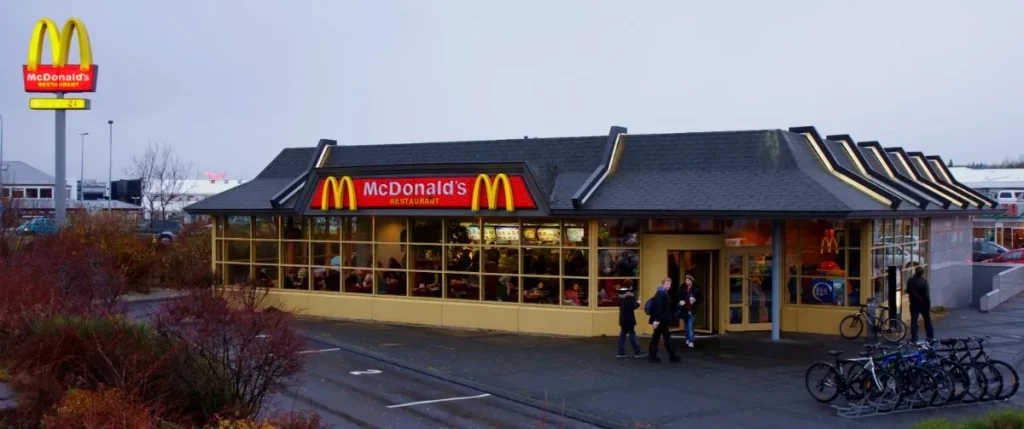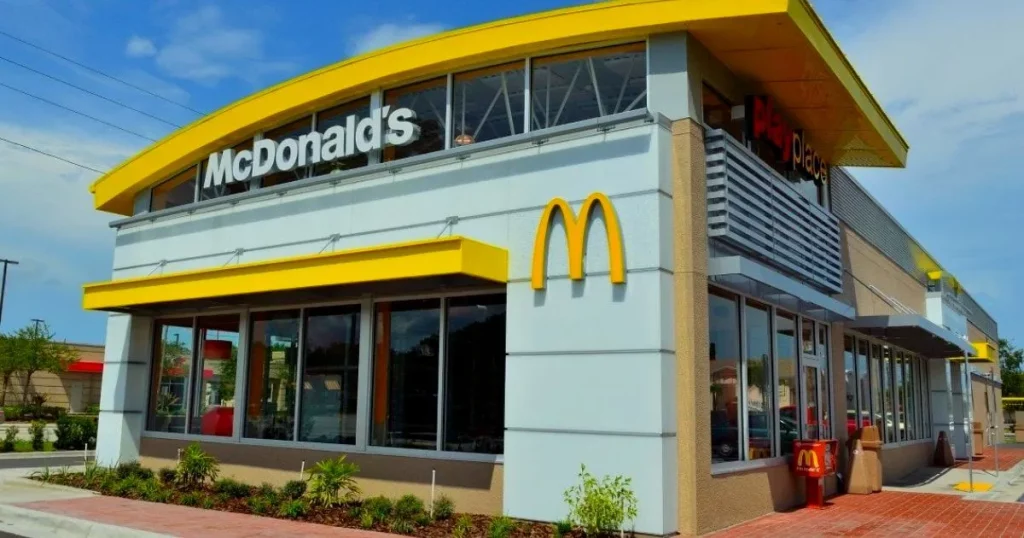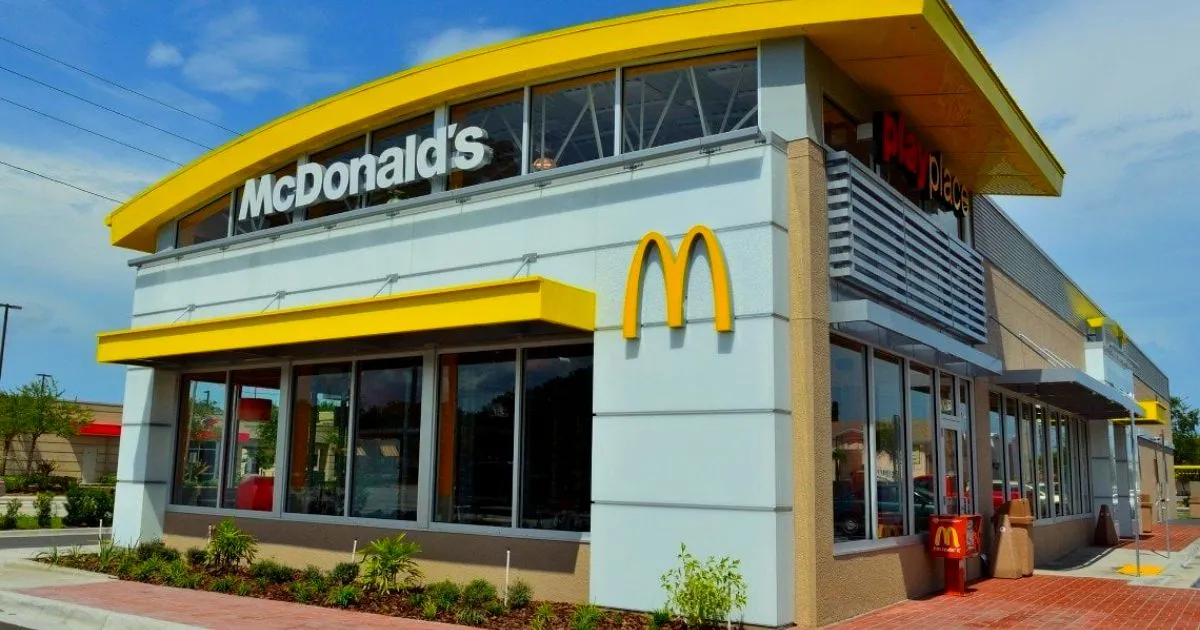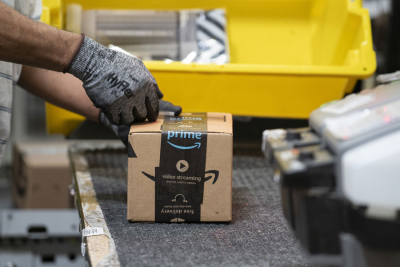Discover the economic impact, strengths, weaknesses, and career opportunities of McDonald’s in the USA.
Introduction: The McDonald’s Legacy
Since its inception in 1940, McDonald’s has grown from a single restaurant in San Bernardino, California, into a global empire. The iconic Golden Arches are now a symbol of fast food recognized worldwide. Founded by Richard and Maurice McDonald and later transformed by Ray Kroc, McDonald’s has not only revolutionized the fast food industry but has also become a significant player in the global economy.
The Evolution of McDonald’s Business Model
From Drive-In to Global Fast Food Leader
Initially, started as a simple drive-in restaurant. The introduction of the Speedee Service System in 1948, which focused on efficiency and consistency, marked a turning point in the fast food industry. Ray Kroc, who joined the company in 1954, saw the potential for nationwide expansion and franchising, leading to rapid growth.
Today, operates over 38,000 locations in more than 100 countries. This expansion was facilitated by its franchise model, allowing local entrepreneurs to run restaurants while adhering to the company’s strict operational standards. This model has proven highly successful, creating a vast network of independently operated yet uniformly branded outlets.

Financial Strategies and Revenue Streams
Employs a multi-faceted financial strategy that includes franchising fees, real estate income, and sales from company-operated stores. Approximately 93% of restaurants worldwide are franchised, generating significant revenue through franchise fees and ongoing royalties. Additionally, owns a substantial portion of the properties on which its franchises operate, collecting rent and providing a stable income stream.
The company also benefits from its diverse menu offerings and continuous product innovation. Seasonal items, limited-time offers, and regional specialties help attract a broad customer base and drive sales. This strategy ensures relevant and competitive in the fast food market.
Strengths of McDonald’s
Brand Recognition and Market Presence
One of most significant strengths is its brand recognition. The Golden Arches are instantly recognizable, and the company’s marketing strategies have ensured that is a household name worldwide. This brand strength translates into customer loyalty and repeat business, critical factors in the highly competitive fast food industry.
Extensive market presence, with thousands of locations globally, ensures convenience for customers. This vast network allows to reach a wide demographic, from urban centers to rural areas, contributing to its robust sales figures.
Operational Efficiency and Innovation
Perfected the art of operational efficiency. The Speedee Service System introduced decades ago has evolved into a sophisticated logistics and supply chain network that ensures consistency and quality across all locations. This efficiency reduces costs and enhances customer satisfaction by delivering fast, reliable service.
Innovation is another cornerstone of success. The company continually invests in technology to improve the customer experience, from digital kiosks and mobile ordering to delivery partnerships with platforms like Uber Eats. These innovations not only streamline operations but also cater to the evolving preferences of tech-savvy consumers.
Weaknesses of McDonald’s
Health and Nutrition Concerns
One of the primary criticisms faces is related to health and nutrition. The fast food chain is often associated with unhealthy eating habits, contributing to obesity and other health issues. Despite efforts to introduce healthier menu options, such as salads and fruit, the perception of McDonald’s as a purveyor of high-calorie, low-nutrient food persists.
Addressing these concerns requires a delicate balance. While continues to offer its traditional menu items, it must also innovate and promote healthier alternatives to appeal to health-conscious consumers without alienating its core customer base.
Labor Practices and Employee Satisfaction
Labor practices have been a contentious issue. The company has faced criticism over wages, working conditions, and employee benefits. Movements like “Fight for $15” have highlighted the struggles of fast food workers, putting pressure on to improve its labor policies.
Improving employee satisfaction and addressing labor concerns is essential to maintain a motivated and efficient workforce. Efforts to provide better wages, career development opportunities, and improved working conditions can help mitigate these issues and enhance the company’s public image.
Career Opportunities at McDonald’s
Entry-Level Positions and Growth Potential
Often seen as a stepping stone for young workers entering the job market. Entry-level positions such as crew members and cashiers provide valuable work experience and the opportunity to develop essential skills like customer service, teamwork, and time management.
For those seeking long-term careers, offers numerous growth opportunities. The company’s commitment to internal promotion means that many managers and executives started in entry-level roles. Provides training programs and leadership development initiatives to support career advancement, making it possible for dedicated employees to rise through the ranks.
Corporate Careers and Global Opportunities
Beyond restaurant operations, offers a wide range of corporate career opportunities. From marketing and finance to supply chain management and human resources, the company’s global presence requires a diverse set of skills and expertise. Corporate employees play a crucial role in shaping strategies and ensuring its continued success.
Global opportunities are another advantage of a career. With operations in over 100 countries, employees have the chance to work in various international markets, gaining valuable experience and exposure to different cultures and business practices.

The Financial Impact of McDonald’s on the Economy
Contribution to Local Economies
McDonald’s plays a significant role in local economies by providing jobs and supporting local suppliers. Each restaurant creates employment opportunities for the community, from entry-level positions to management roles. Additionally, partnerships with local farmers and suppliers help stimulate economic activity and support small businesses.
For example, commitment to sourcing ingredients locally whenever possible ensures that a substantial portion of its supply chain spending benefits local economies. This practice not only supports local businesses but also reduces transportation costs and environmental impact.
Global Economic Influence
On a global scale, economic influence is substantial. The company’s extensive supply chain and international operations contribute to economic activity worldwide. McDonald’s is a significant player in the global food industry, influencing trends and setting standards for other fast food chains.
Also engages in corporate social responsibility initiatives that positively impact global communities. Programs focused on sustainability, education, and health and wellness demonstrate the company’s commitment to making a positive difference beyond its core business operations.
Technological Innovations at McDonald’s
Digital Ordering and Delivery Services
McDonald’s has embraced digital technology to enhance the customer experience. The introduction of self-service kiosks in restaurants allows customers to customize their orders and pay without waiting in line, improving efficiency and reducing wait times. Mobile ordering through the McDonald’s app provides convenience and access to exclusive deals, attracting tech-savvy customers.
Delivery services have also become a significant growth area for McDonald’s. Partnerships with delivery platforms like Uber Eats and DoorDash have expanded the company’s reach, allowing customers to enjoy their favorite McDonald’s meals from the comfort of their homes. This shift towards digital and delivery services has been especially beneficial during the COVID-19 pandemic, ensuring continued sales despite reduced dine-in capacity.
Sustainability Initiatives and Environmental Impact
McDonald’s is actively working to reduce its environmental footprint through various sustainability initiatives. The company has set ambitious goals to minimize waste, reduce greenhouse gas emissions, and source ingredients responsibly. For instance, McDonald’s aims to source 100% of its coffee, palm oil, and fish from verified sustainable sources.
Efforts to reduce plastic waste include phasing out plastic straws and introducing more sustainable packaging options. Additionally, McDonald’s is investing in energy-efficient restaurant designs and renewable energy projects to reduce its carbon footprint. These initiatives not only contribute to environmental conservation but also resonate with environmentally conscious consumers.

The Multifaceted Influence of McDonald’s
In conclusion, McDonald’s stands as a global powerhouse in the fast food industry, with a profound impact on the economy, technology, and community. Its strengths in brand recognition, operational efficiency, and innovation have driven its success, while addressing weaknesses such as health concerns and labor practices remains crucial.
For those considering a career at McDonald’s, the company offers a range of opportunities for growth and development, from entry-level positions to corporate roles. McDonald’s financial strategies and commitment to sustainability further solidify its position as a leader in the industry.
As McDonald’s continues to evolve, its influence on the global economy and its dedication to innovation and community engagement will ensure its enduring legacy. Whether you’re a customer, employee, or investor, McDonald’s offers a unique and dynamic experience that continues to shape the future of fast food.












